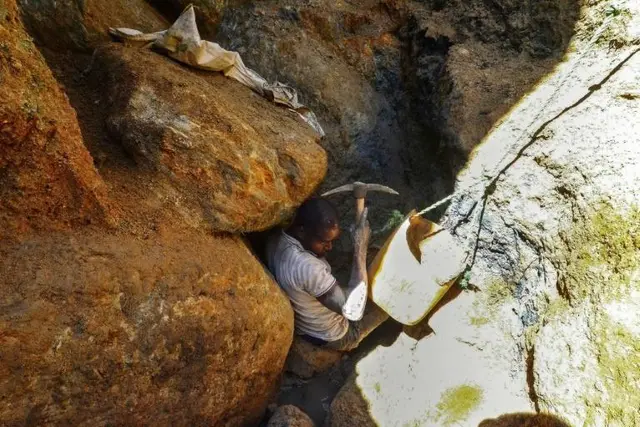An official memorial service was held on Monday evening in the Santiago de Compostela Cathedral, northwestern Spain in tribute to the victims of last week's train crash which claimed 79 lives.
The service was attended by the Prince Felipe of Asturias and his wife Dona Leticia, as well as Spanish Prime Minister Mariano Rajoy, cabinet members, President of the Region of Galicia Alberto Nunez Feijoo, and leaders of other autonomous communities.
The cathedral was full of mourners and thousands of others watched the service from a giant screen erected in the Plaza de la Quintana. They were able to hear the Archbishop of Santiago asking Spain and Galicia's patron, St John to "renew the hope" of those affected by the accident as "only hope gives meaning to life and death."
The accident happened at 8:42 p.m. local time (1842 GMT) last Wednesday as the train, which was travelling from Madrid to Ferrol, derailed on a bend shortly after coming out of a tunnel on the outskirts of Santiago de Compostela in the region of Galicia.
The death toll grew from 78 to 79 on Sunday with the death of an American woman in hospital.
A total of 69 people are still in hospital receiving treatment for their injuries, with 22 of them still in a critical condition, including two children, it was confirmed by the head of the Galician health services Rocio Mosquera earlier in the day.
"Those who need psychological help are going to receive it and the families of the victims will also have help through the college of psychologists," she said.
Driver of the train, 52-year-old Francisco Jose Garzon Amo has been released under charges of reckless homicide after declaring to the judge investigating the case.
Amo, who has worked as a train driver for 30 years, reportedly admitted a loss of concentration and said he had been unsure of his exact location as the train went off the rails at 190 km per hour on a bend with a speed limit of just 80 km/h.
Earlier in the day, ADIF, the company which manages the infrastructure of Spain's railways, admitted the accident would never have happened if the line had been protected by the ERTMS security system designed to prevent accidents on Spain's high-speed rail lines.
The ERTMS system would have "automatically braked" the train, admitted ADIF President Gonzalo Ferre, who nevertheless explained that the decision on whether the security system should be in place was down to train operator RENFE. "The operator decided that would be the case and all we do is to manage the lines," said Ferre.
 简体中文
简体中文

